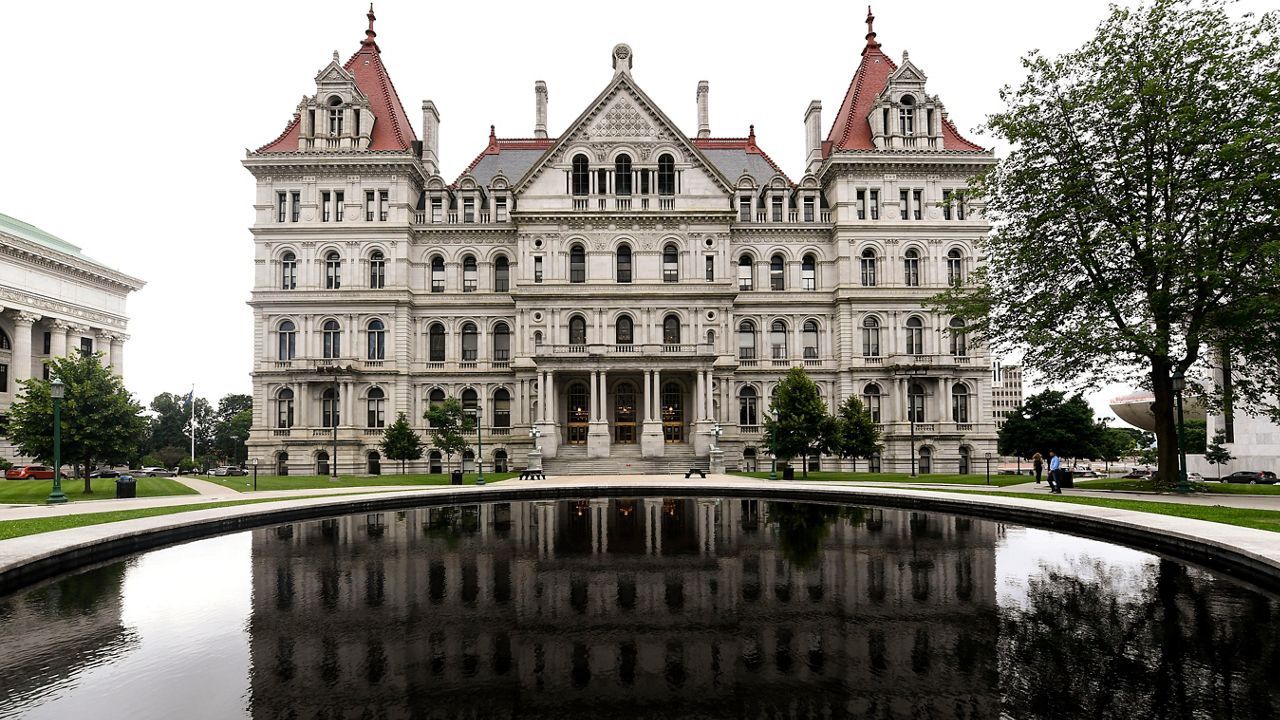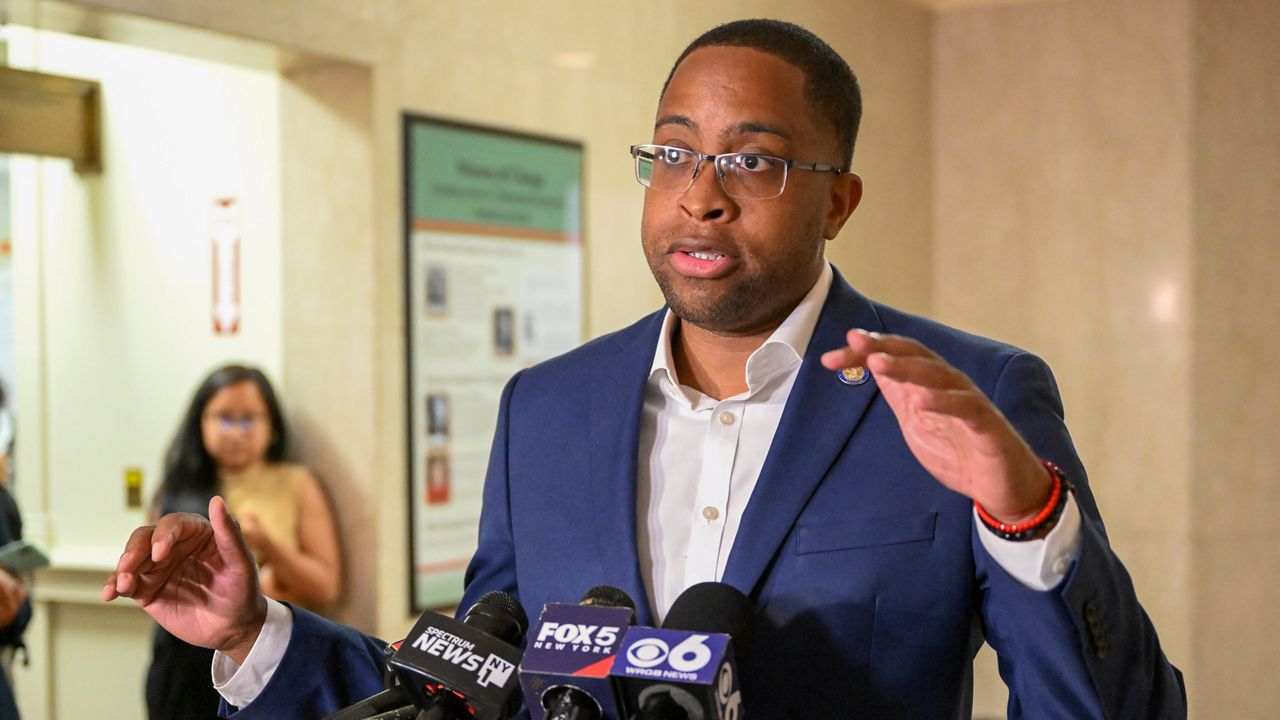The New York Independent System Operator, which manages New York’s power supply, says in a new report that while there aren’t significant immediate threats to the reliability of New York’s power grid, over the next 10 years, there are risks to electrical systems that must be taken seriously.
The 2023-2032 Comprehensive Reliability Plan looks at what is coming over the next decade, and if the state's systems are capable of handling it.
NYISO President and CEO Rich Dewey said in the short term, New York’s electrical grid is in good shape. But the group is encouraging care as the state works to reach its sustainability goals and industry leaders look to grow the state's manufacturing core.
“We’re looking at the pace of the introduction of some of these new resources. There are a lot of new clean energy, renewable energy, offshore wind, solar that are planned for introduction to the grid,” Dewey said.
Factoring in the retirement of some high-emissions facilities in New York City by the end of 2030, the report states supply chain issues and the impacts of the pandemic have slowed progress on some projects. Dewey said it's key that stakeholders work with the state to ensure that anything that is retired is replaced.
“We’ve got to make sure the timing and sequence of those two things are kept in sync. We don’t want to prematurely retire the power plants we need until we’re sure that new supply is in place, and we’re very concerned about making sure we maintain that balance,” he said.
Dewey said clean energy initiatives aren’t the only thing that will tax the grid in the next decade. New manufacturing opportunities across the state and the housing that comes with them will all need to plug in.
One of the biggest is Micron’s new semiconductor plant in Central New York.
“We’ve seen a lot of economic development announcements, which represent jobs and growth for New York state...which is exciting," Dewey said.
Like with clean energy initiatives, it’s crucial that state agencies, developers and utility providers are planning for the future, he said.
“We’ve just got to make sure we have the right supply in place so that it doesn’t become an impediment. You never want electric supply to become an impediment to job supply and growth,” he said.
In addition to the timely completion of projects, the report also states these challenges could also be avoided through the addition of new power facilities and working to increase energy efficiency.
It also details expected challenges stemming from increased home heating and the resulting potential shift from winter to summer peak.
Organization Upstate United said the report is an indication that New York state’s climate policy is creating problems for the grid.
“NYSIO has once again connected this startling reality to the public policies that are making it much more challenging to maintain grid reliability. As a result, we continue to repeat our request for Albany leaders to heed this wake-up call and change course before it’s too late,” Executive Director Justin Wilcox said in a statement.
The state Department of Environmental Conservation emphasized it is working with NYISO in preparing for any challenges as systems transition, citing NYISO's or transmission owners’ ability to designate “reliability unit,” which allows these units to continue to operate as needed for up to an additional two years beginning in May 2025 while a permanent solution to address this reliability need is under development.
New York State Energy Research and Development Authority, which is co-council chair with the DEC in implementing the Climate Leadership and Community Protection Act, also cited the systems as being in place to ensure system reliability, while stressing that completion of the Champlain Hudson Power Express in the spring of 2026 will alleviate reliability issues in New York City.
"New York State has significantly improved air quality statewide by reducing harmful emissions from energy facilities and other sources and implementing stringent new air quality regulations in relation to peaker units," NYSDEC said in a statement. "DEC continues to work to ensure a zero-emission electric grid in alignment with New York’s Climate Act goals and will continue to work with utilities and NYISO to ensure both the reliability of New York’s energy grid and compliance with air quality requirements to protect communities."










